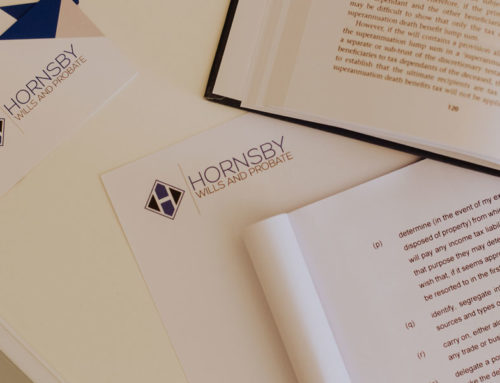Many people with simple affairs believe that a home made will is adequate for their needs. Unfortunately, home made wills are often problematic and can cause delays and additional expense when it comes time to administer an estate.
Some of the most common problems with home made wills are:
1. Incorrectly signing the will. For example, signing in the wrong place or not signing in the presence of two witnesses. The Succession Act 2006 (NSW) contains provisions which allow probate to be granted on a will that has not been signed correctly, but only if it can be shown that the deceased person intended document to operate as their will. Obtaining evidence to show what was intended can be difficult and costly.
2. Failure to include a residue clause. A residue clause deals with any property remaining after other gifts have been made in a will. Failure to include a residue clause means that anything that is not specifically mentioned in the will is distributed under the intestacy rules – as if there was no will at all.
3. Inflexible distribution schemes. Sometimes distribution arrangements can fail if particular assets are sold after a will is made. It is important to understand how your will would work if you sold, for example, your main residence. Would the same beneficiaries stand to benefit if you purchased a different asset instead?
A good solicitor will ensure that these issues do not arise and can also advise you on other matters about which you may be unaware, such as incapacity planning or how superannuation death benefits work.






Leave A Comment